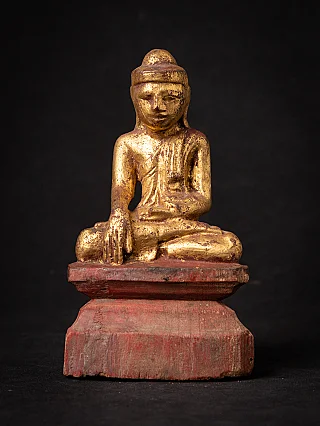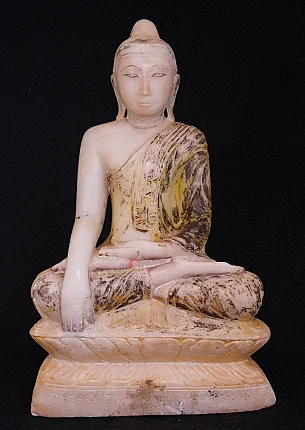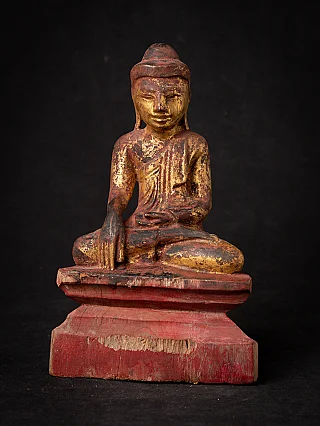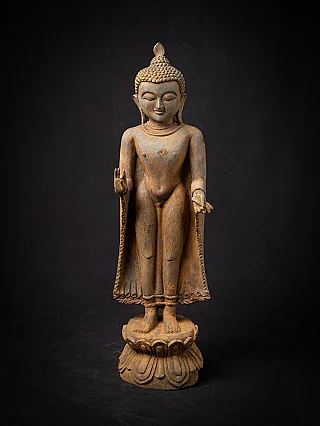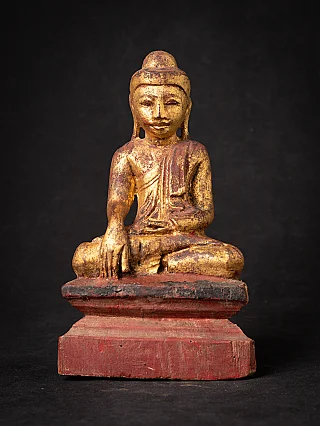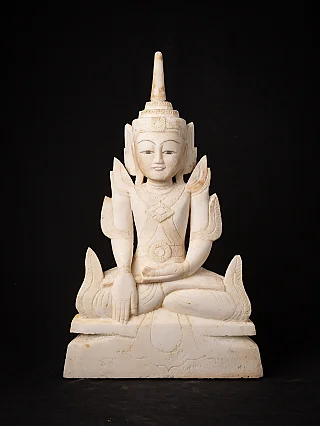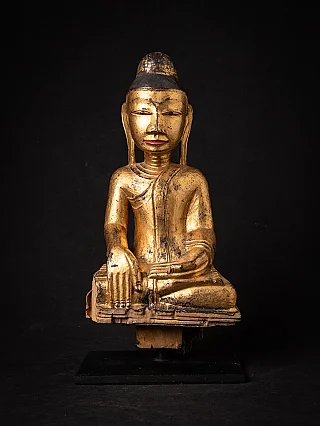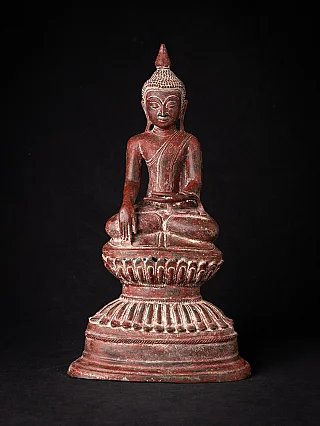Becoming a Buddhist
Author : Peter Vredeveld

Becoming a Buddhist was a thing of the East before the 50s. Since the Eastern world opened its arms to Western societies, many people from the West have also become Buddhist by reading books about Buddhism, practicing Buddhist meditation, and applying Buddhist principles in their daily lives. So, what does becoming a Buddhist mean in today's day and age? How does one become a Buddhist? Anyone interested in Dharma may come to a point where they would want to decide whether they are a Buddhist.
Buddha statues for practicing Buddhism
Buddhists around the world typically relate or depict themselves as content and joyful. But does becoming a Buddhist tremendously change the world around us? What changes will it bring to the people who embrace the teachings of the Buddha, the enlightened one?
To put it in simple terms, one does not need to wear any special robes, change their eating habits, or give up material possessions or any social life. Becoming a Buddhist means changing one's insight into anything happening around them. One would see everything around them as exciting and full of potential, which is easy or simple to say but usually challenging to do.
What makes one a Buddhist?
Anyone can be a Buddhist. An individual does not particularly have to be born or raised in Buddhist culture, nor do anyone's parents have to be Buddhist. The said individual can be of any race, region, gender, socio-economic background, etc. Anyone identifying as a Buddhist commonly takes part in a ceremony known as taking refuge in the three gems: the Buddha, the Dharma, and the Sangha. This ceremony involves the simple act of reciting the refuge verse three times. This verse reveals the participant's confidence and trust in the Buddha, the Dharma, and the Sangha to alleviate suffering and ultimately attain enlightenment.

In simple terms, becoming a Buddhist taking refuge in the three gems signifies "going to" and "relying on" the three gems, i.e., asking for help and being liberated from sorrows and sufferings. In other words, taking refuge may serve as a guide to be liberated from life's misery to find one's true self, a haven in this life or the next one.
1. Taking Refuge in Buddha
Buddha, meaning the one who is Enlightened or the enlightened one, provided teachings out of deep compassion to the people to find a way to end the world's suffering, eventually attaining enlightenment. One takes their first steps towards becoming a Buddhist by taking refuge in Buddha. It also means that the qualities of the Buddha are also inherent within us. The Buddha possesses wisdom, which helps one to understand what they are doing, compassion so that one can have a soft heart and be there for others, and power so that the practitioner can continue the journey towards Buddhahood.
2. Taking Refuge in Dharma
Dharma, the second aspect of taking refuge, guides an individual to get the better off desires, ill-will, and ignorance to anticipate them from the cycle of birth and death. Taking refuge in Dharma does not mean the participant should follow a prescribed path. Becoming a Buddhist implies that one has to look inside one's mind, and the Dharma guides them to do the same thing. Dharma helps an individual move towards the path of stability and can also protect one's mind and heart.
3. Taking Refuge in Sangha
The final step of taking refuge, Sangha, is a community of people on the same path of finding liberation from suffering. Sangha, in P ali words, means group harmony. The members of the Sangha can be considered warriors as they try to tame Samsara while being there for one another, supporting each other, and caring for one another. Since nobody is perfect, Sangha is an inspirational figure for people who want to amplify their understanding of mindfulness, compassion, and awareness. Practicing Buddhism together can also help one to find discipline. Since other people are also going through the same phase, it encourages the individual.
Finally, to end it all, one needs to take refuge in the three gems to identify as Buddhists, but there is no hard and fast rule to become a Buddhist. One can merely pertain to the teachings of Buddha and be inspired to become a better person by becoming a Buddhist. Similarly, practicing meditation helps one to be mindful of things around them.
Share this page





















